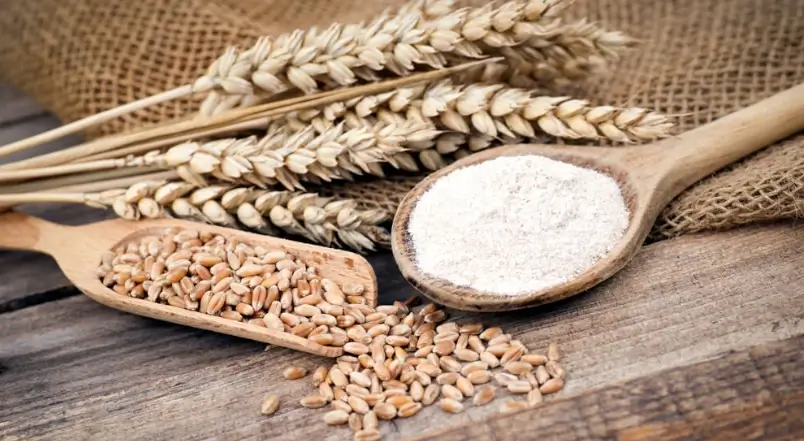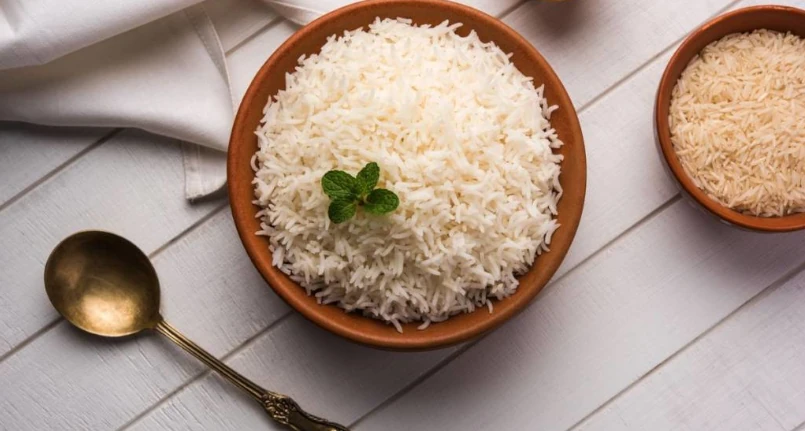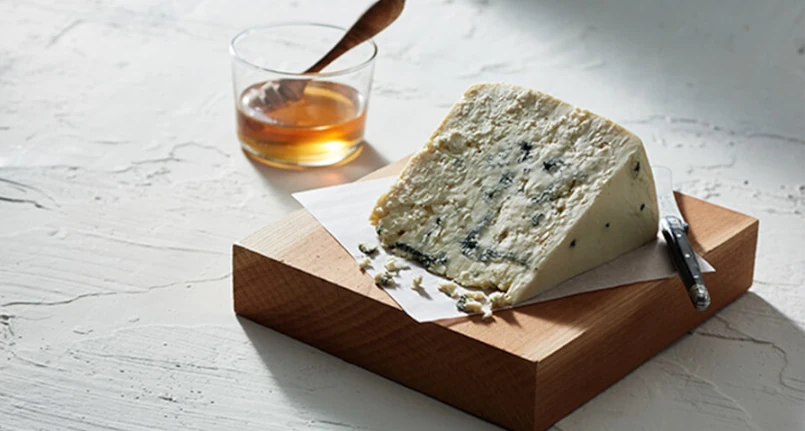Keeping a food diary is a good habit that can help maintain proper nutrition .
In fact, this tool allows you to always keep in mind what you eat and drink during the day and can be very useful for people who want to lose weight but also improve their diet or understand if there are foods that cause adverse events such as illness , difficult digestion or other.
What is a food diary
A food diary is a real diary in which you write down everything you eat and drink during the day.
In addition to this, for a more complete picture, you should also add any workouts, who you ate meals with, how you felt before and after or other cues that can help you get a complete picture of your nutritional situation.
To have a rather satisfactory overview, however, it is necessary to carry on this habit for a prolonged period of time.
Benefits
Constantly keeping a food diary can generate a significant number of benefits.
Helps build healthy habits
Keeping track of your food and drink intake can help you become more aware of your eating habits and this can make it easier to identify unhealthy or excessively high calorie ones and replace them with better ones.
Also, writing down what you eat makes it easier to identify any gaps in your eating pattern , which can then be filled.
Facilitates weight control
If you are trying to lose weight , a food diary is an invaluable ally in tracking your calorie intake .
This was also confirmed by several studies according to which the use of dietary self-monitoring methods, such as keeping a paper or electronic food diary, is linked to significant weight loss .
Furthermore, in addition to increasing awareness of how much one is eating, it can also provide details on the existence or otherwise of feelings or other external factors that can lead to consuming foods richer in fat, sugar or calories.
Similarly, food diaries are also very useful for someone who is trying to gain weight .
It makes it easier to spot allergies, intolerances and digestive problems
Having a clear understanding of the foods you eat makes it easier to identify any pathologies, annoyances or intolerances related to their consumption, such as irritable bowel syndrome , digestive problems , food allergies , acid reflux , gluten sensitivity and much more.
The best food diaries according to Amazon reviews
On the famous e-commerce portal, a long series of diaries and notebooks are available designed to help keep track of one’s diet day after day, and to record the progress of any diets, noting down every useful element in order to regain one’s physical shape . Here are the ones most appreciated by Amazon users:
Among the most popular food diaries, there is the practical diary of Miss Penny Austen , on which it is possible to note in detail the path towards the path of physical and mental well-being. Inside it contains four periodic control cards, where you record progress every 30 days; ninety pages to record the journey daily; five pages of notes to jot down everything you think is important. It is particularly appreciated for its small and practical format (15.24 x 22.86 cm) to keep in the bag, even if some buyers find that the space to record only four meals a day, in the case of diet regimes that include them moreover, is a bit reductive.
The food diary most appreciated by Amazon users – due to its completeness and original approach – seems to be the one created by the nutritionist biologist Simona Meloni. Compared to all the others, it actually contains a path made up of small, easily practicable steps that guide you towards the achievement of your goals. The diary accompanies the user for 90 days, structured in 13 weeks. For each week there is a new “start of the week” page, with the small step to take and all the details to do it better, tips to improve habits, seven new pages to mark everything that can be useful to improve day after day, a page for the “weekly check”, a special section to record the weight and measurements and seven quotes – famous and less famous – to stimulate motivation and constancy.
Food Diary 90 is the daily diary to keep track of weight loss and physical activity at the same time. This diary is intended as a “motivational planner” to be compiled daily according to three macro-themes: the first is “Your food”, i.e. an overview of the daily doses for breakfast, lunch, dinner, snacks, total calories, protein intake and water consumption . Then there’s “Your Fitness,” with your fitness and training goals with exercises in sets, reps, distance, and time. Finally there is “Your body”, a section for recording your chest, waist, hips, thighs and body mass index measurements(BMI). The pages of this diary are cream in color and tightly bound to a glossy paperback cover (flexible, thin, no cover), perfect for those who prefer lightweight, pocket-sized notebooks.
How to keep a food diary
The secret to not giving in to the temptation to interrupt filling out the food diary is to make this operation as simple and fast as possible.
Here’s how.
Update it throughout the day
Waiting for the end of the day to fill it out could make you want to do it and, above all, there is a real risk of forgetting some ingested food or drink, which is why it would be better to update it every time you take something, to do this you can keep it at hand in the mobile notes or compile it on dedicated apps.
Write everything
While a quick snack during the day may not seem irrelevant, it’s important to include it in your food diary because anything, even the smallest, contributes to calorie accumulation .
This rule becomes even more important if the primary purpose of the diary is to detect any food allergies or sensitivities.
Furthermore, according to several studies it seems that snacking while distracted can lead to overeating and a reduction in awareness of the quality and quantity of snacks consumed. Hence, not missing anything is essential in compiling the diary.
Be specific
To improve the effectiveness of the diary it is important to be as specific as possible in the annotations.
In addition to writing down what you eat, therefore, it is important to add information about quantities and portions.
Help yourself with the Apps
When you think of a diary you immediately imagine the paper version but the many existing smartphone apps of this type can be a convenient alternative to always having this tool with you .
Plus, most of them not only have a huge library of foods and beverages to choose from, but can also provide detailed information on their nutritional content and ingredients.
Monitor your mood
While many people focus solely on what they eat or drink when keeping a food diary, keeping track of how mood changes throughout the day and with each meal can also be helpful.
Identifying how you feel before or after eating certain foods can make it easier to understand how your diet might affect your mental health as well .
In particular, studies show that negative emotions such as anxiety , sadness and stress could increase food intake.
Also, while food diaries are a useful tool for many, it may not be the same for everyone. Paradoxically, in fact, they could be stimulating for people with a history of eating disorders such as anorexia or bulimia , who, always keeping in mind what they are ingesting, could be even more stimulated to reduce their diet. For this reason it would be useful to seek the opinion of your nutritionist, psychologist or family doctor before starting a process of compiling a food diary.




